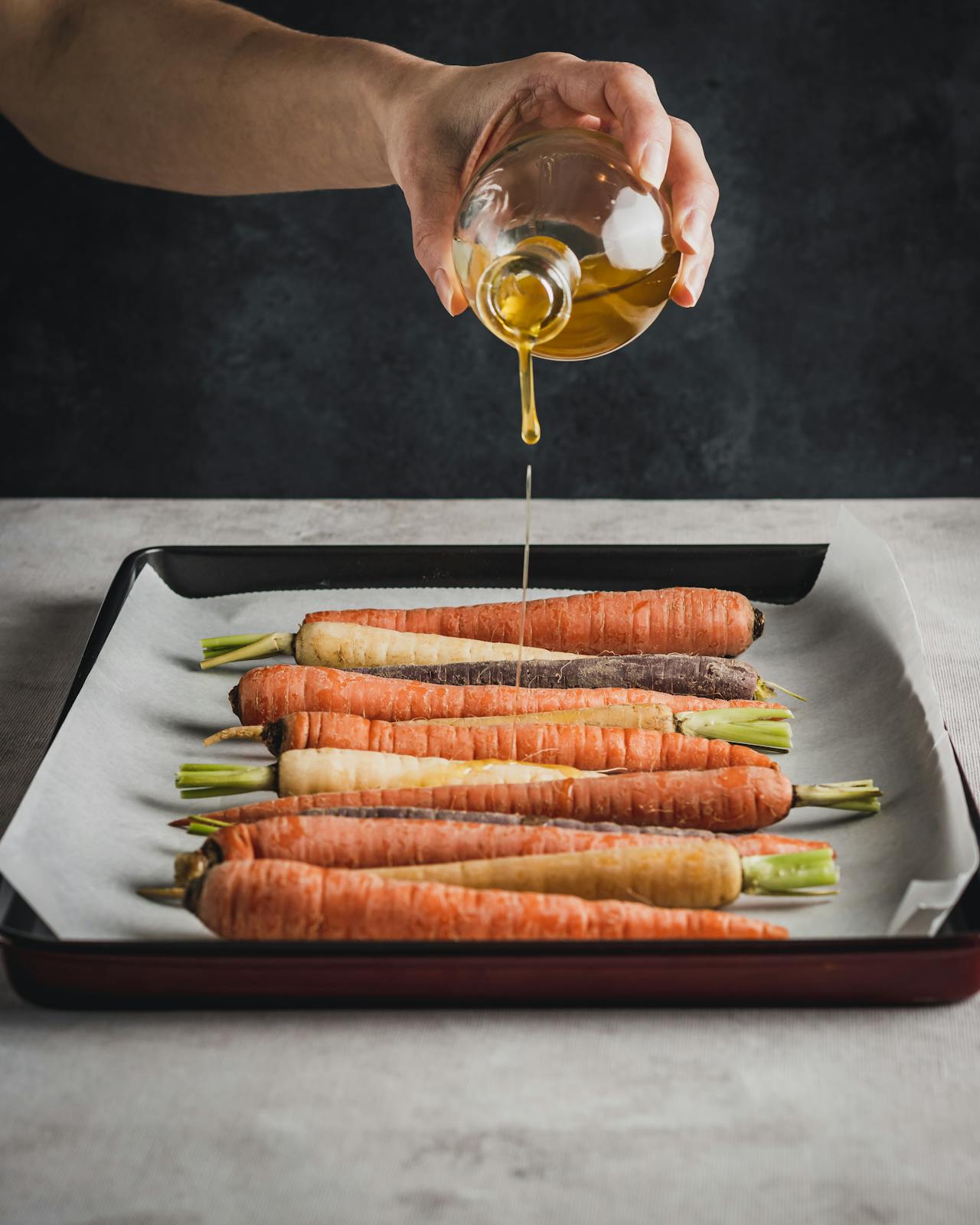Our Terms & Conditions | Our Privacy Policy
Social Media Hates Seed Oils—but Scientists Say They’re Not So Bad
Humans have used seed oils for centuries. Sesame oil dates back to 3000 BCE in the Middle East, and ancient Egyptians and Greeks used flaxseed oil in both cooking and medicine. Today, seed oils are still everywhere, from home kitchens to packaged snacks. But while they’ve become controversial on social media, new research suggests that reputation may be undeserved.
New findings presented by Kevin C. Maki, PhD—adjunct professor at the Indiana University School of Public Health-Bloomington and chief scientist at Midwest Biomedical Research—at the American Society for Nutrition’s flagship Nutrition 2025 conference in Orlando, FL, suggest that seed oils may actually be beneficial to cardiometabolic health.
The researchers looked at nearly 1,900 people and found that those with higher levels of linoleic acid—a type of omega-6 fatty acid found in seed oils—had fewer risk factors for heart disease and type 2 diabetes. Specifically, they had lower levels of inflammation and insulin resistance.
 Pexels
Pexels
“There has been increasing attention on seed oils, with some claiming these oils promote inflammation and raise cardiometabolic risk,” Maki said in a statement. “Our study, based on almost 1,900 people, found that higher linoleic acid in blood plasma was associated with lower levels of biomarkers of cardiometabolic risk, including those related to inflammation.”
This directly contradicts the claim often made on social media platforms that seed oils are detrimental to health. That said, many experts do clarify that while seed oils alone may not be dangerous, many of the ultra-processed foods they are often featured in likely are. But this usually has more to do with things like refined sugar and high salt content.
Study finds food quality is vital for long-term health
A second study presented at the conference reinforced the importance of food quality overall. After analyzing data from nearly 200,000 people over two decades, researchers found that the quality of food people ate mattered more than whether they followed a low-fat or low-carb diet.
 Pexels
Pexels
Specifically, the researchers noted that eating high-quality, nutrient-dense whole plant foods is associated with better health outcomes, regardless of diet patterns.
“We found that what you eat on low-carb or low-fat diets matters just as much as the diet itself,” Zhiyuan Wu, PhD, a postdoctoral fellow in the lab of Qi Sun, MD, ScD, at Harvard T.H. Chan School of Public Health, said in a statement.
“Healthy versions of these diets—those rich in plant-based foods and whole grains—were linked to better heart health outcomes and improved metabolic function. In contrast, low-carb and low-fat diets emphasizing unhealthy foods were associated with a higher risk of heart disease.”
The new studies follow findings from Harvard Health that debunked another common social media claim: that butter is a health food. “For some reason that is not clear to me, a myth has been floating around the internet that butter is a healthy fat, but there is no good evidence to support this,” Walter Willett, MD, professor of epidemiology and nutrition at the Harvard T.H. Chan School of Public Health, told CNN.
The new study found that swapping just 10 grams of butter with a plant-based oil could reduce the risk of total mortality and cancer-related deaths by 17 percent. “Imagine how many deaths we can reduce in the general population,” said study co-author Yu Zhang, PhD.
For more plant-based stories like this, read:

Charlotte is a VegNews editor and writer based in sunny Southsea on England’s southern coast.
[ad_1]
Images are for reference only.Images and contents gathered automatic from google or 3rd party sources.All rights on the images and contents are with their legal original owners.
[ad_2]



Comments are closed.